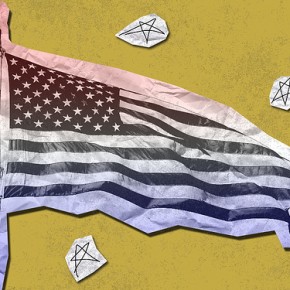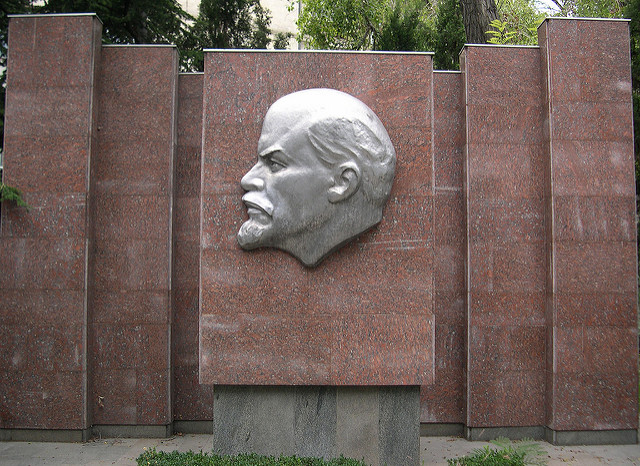As the situation in the Ukraine worsened last month, the usual right-wing suspects started to circle the White House. A strong President, they declared, would never have let things get so far out of hand. And now that Russian troops have moved into the Crimea, their attacks on the Obama Administration are becoming more forceful each day. In their eyes, he has become “Putin’s bitch”, a latter-day Neville Chamberlain who keeps giving ground in the name of peace.
While this characterization may be unfair — it’s not like the Americans have ever had much pull in the former Soviet Union — it makes political sense. Just as Karl Rove’s team portrayed John Kerry as an elitist Francophile flip-flopper during the 2004 Presidential campaign, his successors have tried again and again to underscore Barack Obama’s inability to stand firm on the international stage. Given his Administration’s failure to achieve significant foreign policy goals, from the Middle East to North Korea to the former Eastern Bloc, the criticism does tend to stick.
But what’s curious about this claim is the way that it counters the other principal line of attack on the President: that he is a tyrant intent on imposing his “foreign” ideas on a country that is fundamentally conservative. From the day Obama took office, right-wing talk radio and its watered down correlate on Fox News have warned that he wants to remake America in his own image, making it simultaneously more multicultural and a lot less free. The more paranoid proponents of this argument have suggested that the White House is cultivating a shadow army with which to implement this plan. Some have even implied that the President may be the Antichrist or, failing that, serving as his de facto John the Baptist.
In other words, President Obama has been excoriated both for letting himself be pushed around by other world leaders and refusing to listen to any American who disagrees with his “socialist” aims. No matter how many times his defenders point out the contradictions in this assessment, it simply will not go away. Just as poll after poll indicates that plenty of Americans still doubt whether he was born in the country or is the Christian he purports to be, the evidence of right-wing political discourse makes it clear that his detractors have no difficulty perceiving Obama as a strongman who is nevertheless weak.
Perhaps the strangest aspect of recent American critiques of Vladimir Putin, which dominated the build-up to the Sochi Winter Olympics and now shape debates about the future of the Ukriane, is that they seem to look back longingly on an era when strongmen could be counted on to get their way. The limits placed on the White House in the wake of Watergate; the further shrinking of its scope of engagement demanded by post-Cold War multilateralism and the rise of stateless terrorism; and, more fundamentally, the crisis in American masculinity itself: all underscore the degree to which even a President with dictatorial ambitions, as Obama is presumed to be, cannot get much of anything done.
For conservatives, this realization inspires a desire for “liberation” from the tyranny of lowered aspirations, and, yes, a nostalgia for the Golden Age of totalitarianism. While the equation of the post-9/11 United States with Germany’s Weimar Republic may seem tendentious, there is no denying the eerie parallels between them where the subject of democracy is concerned. The gridlock of partisan politics and the way it undermines even a strongly conceived executive branch inspire dreams of dispensing with the whole enterprise for a more streamlined and potent form of leadership. American reactionaries may fear a man like Putin, but they secretly admire him as well.
Commentary and photograph by Charlie Bertsch





